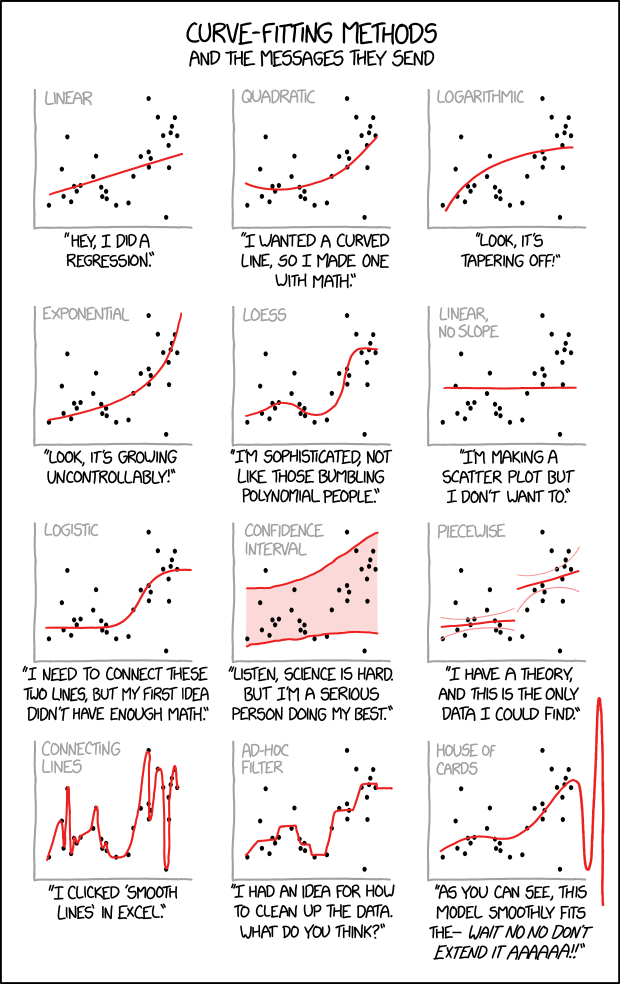This is Joseph
The New York Times has been accused lately of too much false equivalence. This deleted tweet is probably a high water mark:
The phrase "in the view of some experts" refers to injecting bleach into one's lungs as being actually dangerous. Yes, injecting bleach into lungs really was
mused about. Yes, there is
video. Who are these experts and can they go first?
The most amazing part was
this:
“I was asking a question sarcastically to reporters like you just to see what would happen,” Trump said in the Oval Office, according to a pool report.
Neither explanation is good. On one hand, the president pondered the idea of people injecting lethal poison into their lungs. On the other hand, the president is so cynical about false equivalence that he set a trap to humiliate the media about their inability to apply editorial judgement. I don't think either explanation looks good.
Now, to be fair, the New York Times did eventually hear Donald Trump's explanation and update the story:
But surely better judgment can be used here? This isn't like hydroxychloroquine where there was actually some debate inside the
biomedical community and an actual researcher, Didier Raoult, providing (weak) evidence. There was still some
real risks with community use of hydroxychloroquine, but I can at least understand a political news correspondent not wanting to wade into a
difficult debate.
But washing one's lungs with bleach? Here even the reporters covering it were asking a science advisor if it was
really serious advice or not. This seems like a nitpick but surely this was one case where the NYT could have avoided this trap?








